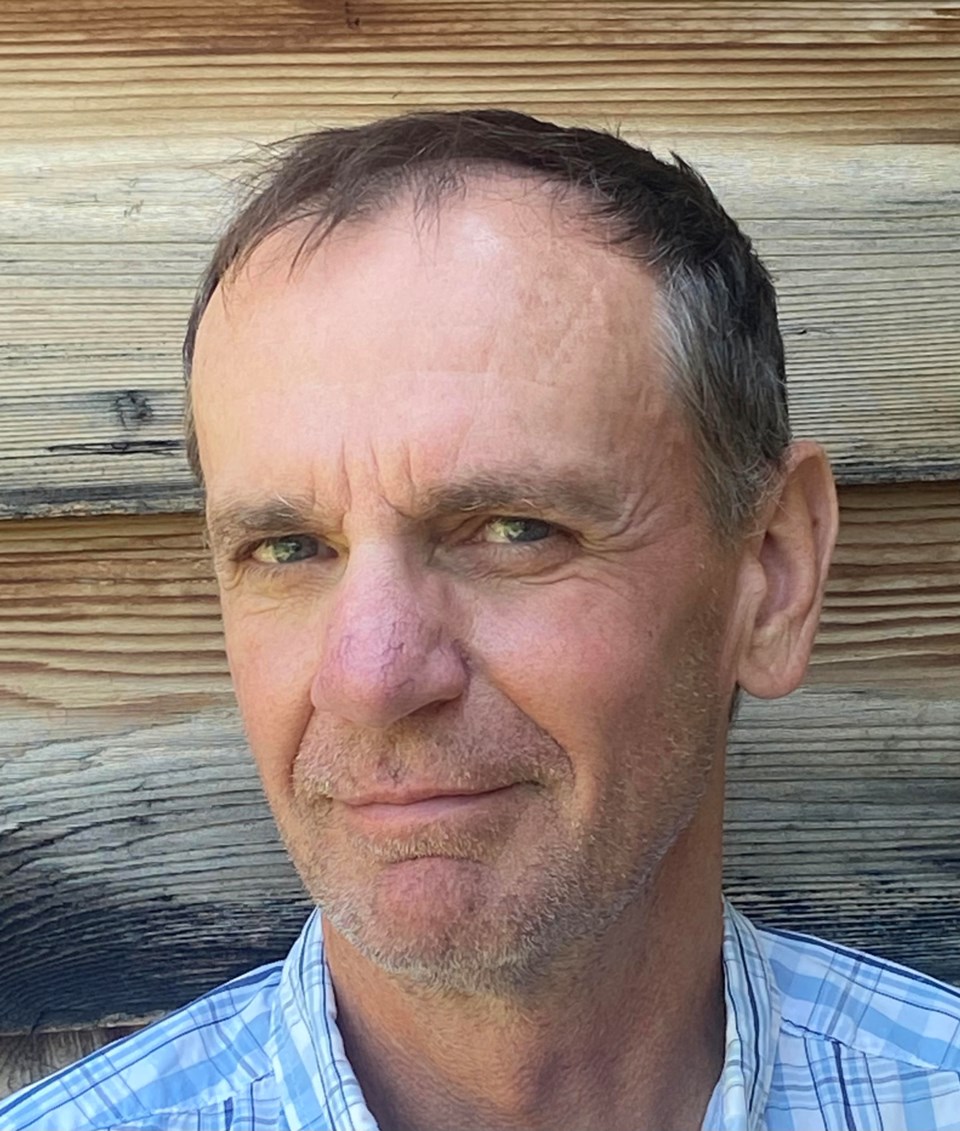YORKTON - Trevor Herriot is well-known as a Saskatchewan naturalist and as author of a number of non-fiction book about nature.
But now Herriot has embarked on a new literary path with the release of his first fiction work; The Economy of Sparrows.
So why the move to fiction?
“I guess it is because I wanted to try to reach both a broader audience -- some people don't read non-fiction -- and that place in all of us that responds to a story that comes from a writer's imagination,” said Herriot who will be doing a reading and talk at the Yorkton Public Library, Sept. 29 at 7 p.m. “You can do that in non-fiction but fiction gives a writer a lot more latitude to manipulate the details of the story.”
Herriot, who lives in Regina, but spends his summers partly on a piece of native prairie south of Indian Head, said the idea for the book has been percolating for nearly two decades.
“I have been thinking about writing this novel at least since 2005, when I discovered some stories about early naturalists visiting the Indian Head area more than 130 years ago,” he said. “I started writing it in 2016 and the manuscript is barely recognizable from the first drafts.”
As the book evolved the material became focused on having a message.
“I write about the things that worry me,” said Herriot, who until the age of 10 lived in eastern Saskatchewan including Esterhazy and Tantallon. “That is always the thing that gets me writing. I wrote this book for prairie people who tell me they are anxious about climate change and saddened by the way some farming practices are destroying the beautiful landscapes that they grew up with or that drew them to the countryside in the first place.”
Tell readers a bit about the book / what they can expect?
See the description above but I think most readers will find that it is not a difficult book to read. Not a long list of characters spanning many generations, no multiple perspectives or fancy narrative devices. It's a straightforward narrative in third person but seen mostly through the eyes of the main character, who is, I hope, someone readers will care about and connect with.
The book centres on Nell Rowan, recently returned to the prairie landscapes where she grew up.
“Though she never used her biology degree, she pays attention to the birds and the rest of nature on and around her small farm. Still a rural person at heart, she is saddened by the changes she has seen come to the countryside,” explained Herriot in an email. “Meanwhile an old obsession with the lives and exploits of Canada's most famous nineteenth naturalists has come back to haunt her along with questions of how the tragedies and trauma in her own life connect her family to that history. Things begin to shift when she takes in a foster child--a teen who says she can communicate with animals--and then meets one of her closest farmer neighbours.
How much of Herriot, as a naturalist himself, is in the main character?
“I am an urban person but live much of the summer on a piece of prairie south of Indian Head, where the novel is set,” he said. “The landscapes around me are in the book but there is not a lot of me in the main character, who is a woman. However, she is a naturalist and like me she can identify most of the birds she sees.”
Birds, and how they are faring in terms of survival, are certainly a central theme in the book.
“The shifting baseline of bird life in farm country, and the problems we face in trying to retain healthy diverse landscapes while still growing food in prairie Canada,” explained Herriot.
Herriot said he hopes such themes draw readers.
“I am hoping that readers who are worried about climate change and the decline of birds and wildlife will find solace in following the story of someone coming to terms with the same things,” he said.
“I would like to think that readers who are tempted to give up or turn away from the fear and anxiety caused by seeing nature in retreat, fires and floods etc. will find the courage to face the truths of how our history on the prairie contributed and how we have a responsibility now to make amends and do better going forward.”
Herriot noted all bookstores can bring it in if they order it, “so I am hoping it will be in libraries and bookstores across the country.”
It is also available through Indigo and Amazon as well.
An audio book version will be released later this fall, narrated by Kelly-Jo Burke.






